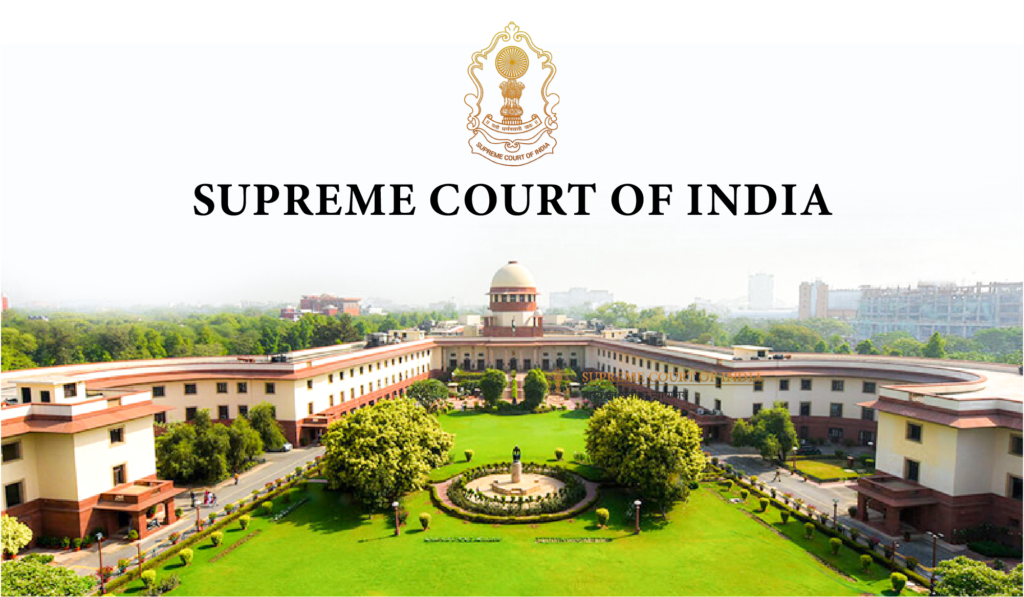Justice Dhananjaya Yeshwant Chandrachud, the 50th Chief Justice of India, has left an indelible mark on the judicial landscape, both domestically and globally, through Chandrachud’s Landmark Rulings and his tenure marked by progressive rulings, social awareness, and commitment to constitutional rights. His judicial journey, spanning several decades, has reshaped legal interpretations in India on issues as diverse as individual rights, privacy, environmental justice, and social welfare, ensuring his legacy endures well beyond his retirement.
Chandrachud’s Landmark Rulings:Redefined Indian Jurisprudence
Justice Chandrachud began his legal career with a profound sense of duty, inspired by his father, Y.V. Chandrachud, who served as Chief Justice of India from 1978 to 1985, making them the first father-son duo to hold the nation’s highest judicial office. Justice Chandrachud was initially appointed as a judge of the Bombay High Court in 2000, a role in which he built a reputation for upholding the rule of law with unwavering integrity. He later served as Chief Justice of the Allahabad High Court from 2013 to 2016, where he further solidified his judicial philosophy of empathy, inclusivity, and respect for individual rights.
Appointed as a Supreme Court judge in 2016, he rose to the position of Chief Justice in 2022. Throughout his tenure on the bench, Justice Chandrachud became a crucial voice for progressive jurisprudence, setting a new course for the Indian judiciary on various issues that have long been contentious and complex.
Landmark Judgments: Redefining Indian Jurisprudence
One of Justice Chandrachud’s Landmark Rulings and most significant contributions was in the arena of privacy rights, where he led the landmark Justice K.S. Puttaswamy vs. Union of India case in 2017. Here, the court recognized privacy as a fundamental right under the Indian Constitution, marking a watershed moment for individual freedoms. This judgment resonated globally, drawing comparisons with similar privacy protections in other democratic nations. Justice Chandrachud’s reasoning in this case emphasized the importance of personal autonomy and human dignity, asserting that these are inviolable aspects of any democratic society.
Another Chandrachud’s Landmark Rulings and historic judgment under his watch was the 2018 verdict in Navtej Singh Johar vs. Union of India, which decriminalized Section 377 of the Indian Penal Code, thus decriminalizing homosexuality in India. Justice Chandrachud, along with his fellow justices, called for greater inclusivity and respect for diversity, effectively giving legal and social legitimacy to the LGBTQ+ community in India. This judgment was hailed internationally as a monumental step toward equality, making India one of the largest democracies to reject laws based on discriminatory colonial legacies.
In matters of women’s rights, Justice Chandrachud played a pivotal role. In 2017, he authored the judgment in the Shayara Bano vs. Union of India case, declaring the practice of instant triple talaq unconstitutional. This ruling safeguarded Muslim women’s rights by protecting them from arbitrary divorce practices and underscored the judiciary’s commitment to gender equality. Additionally, he supported lifting the ban on the entry of women into the Sabarimala Temple, advocating for the removal of gender-based restrictions on religious practice. Though it sparked considerable debate and protest, this judgment reinforced the constitutional right to equality, marking a bold stance against entrenched social prejudices.
Justice Chandrachud also took notable steps in addressing environmental issues, notably ruling on cases involving forest conservation, pollution control, and urbanization. His rulings emphasized the principle of sustainable development, encouraging both government and industry to consider long-term ecological impacts.
A Global Impact: Upholding Rights Beyond Borders
Justice Chandrachud’s judgments have not only influenced India but have also resonated globally, garnering respect for India’s judiciary in international legal circles. His rulings on privacy and individual freedoms are frequently cited in comparative law studies, and he has become a recognized figure in global dialogues on digital rights and constitutional protections.
He has actively promoted judicial openness and transparency, supporting live streaming of Supreme Court hearings. This initiative made Indian courts more accessible to the public and provided a model for other democracies seeking greater judicial transparency. His vision extends beyond national boundaries, with a strong emphasis on universal human rights and the judiciary’s role as a defender of these rights.
Legacy and Influence: A Lasting Impact
As he retires, Justice Chandrachud leaves behind a judicial legacy characterized by empathy, inclusiveness, and unwavering respect for human dignity. His decisions have not only pushed the boundaries of Indian jurisprudence but have also contributed to a more just society, where individual rights are protected against intrusion by the state or societal pressures.
In India, Justice Chandrachud’s judgments have helped cultivate a more progressive legal landscape, emphasizing the importance of individual rights and freedoms in a constitutional democracy. Abroad, his work has placed India on the map as a country with a strong commitment to upholding democratic values through judicial means.
Justice Chandrachud’s career will be remembered as a time of transformative rulings and progressive jurisprudence, inspiring future judges and leaving a profound legacy that will continue to influence Indian law and global human rights standards for years to come. His tenure as Chief Justice, marked by groundbreaking decisions, has set a high standard for judicial integrity and commitment to constitutional values, ensuring his place among India’s most impactful judicial minds.






